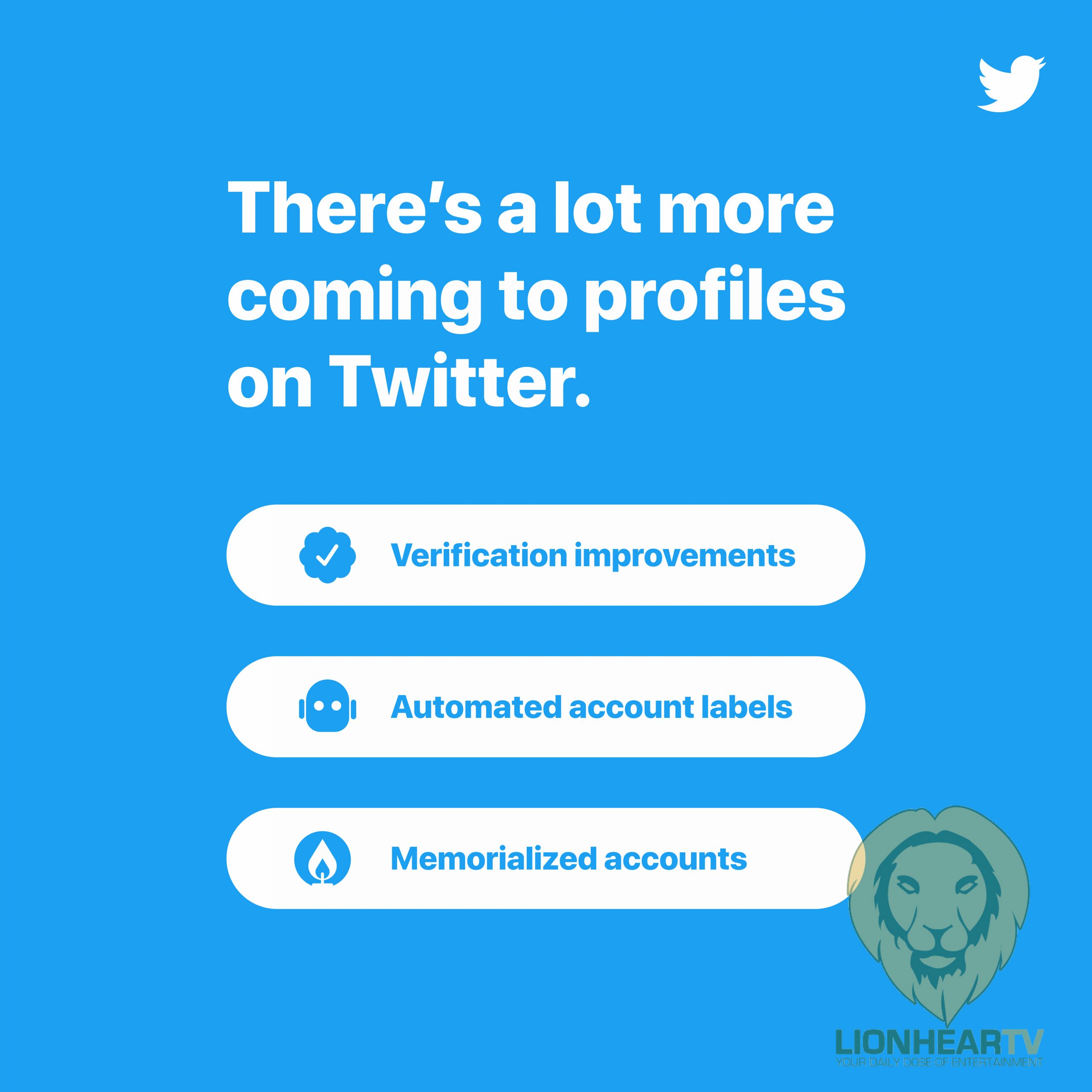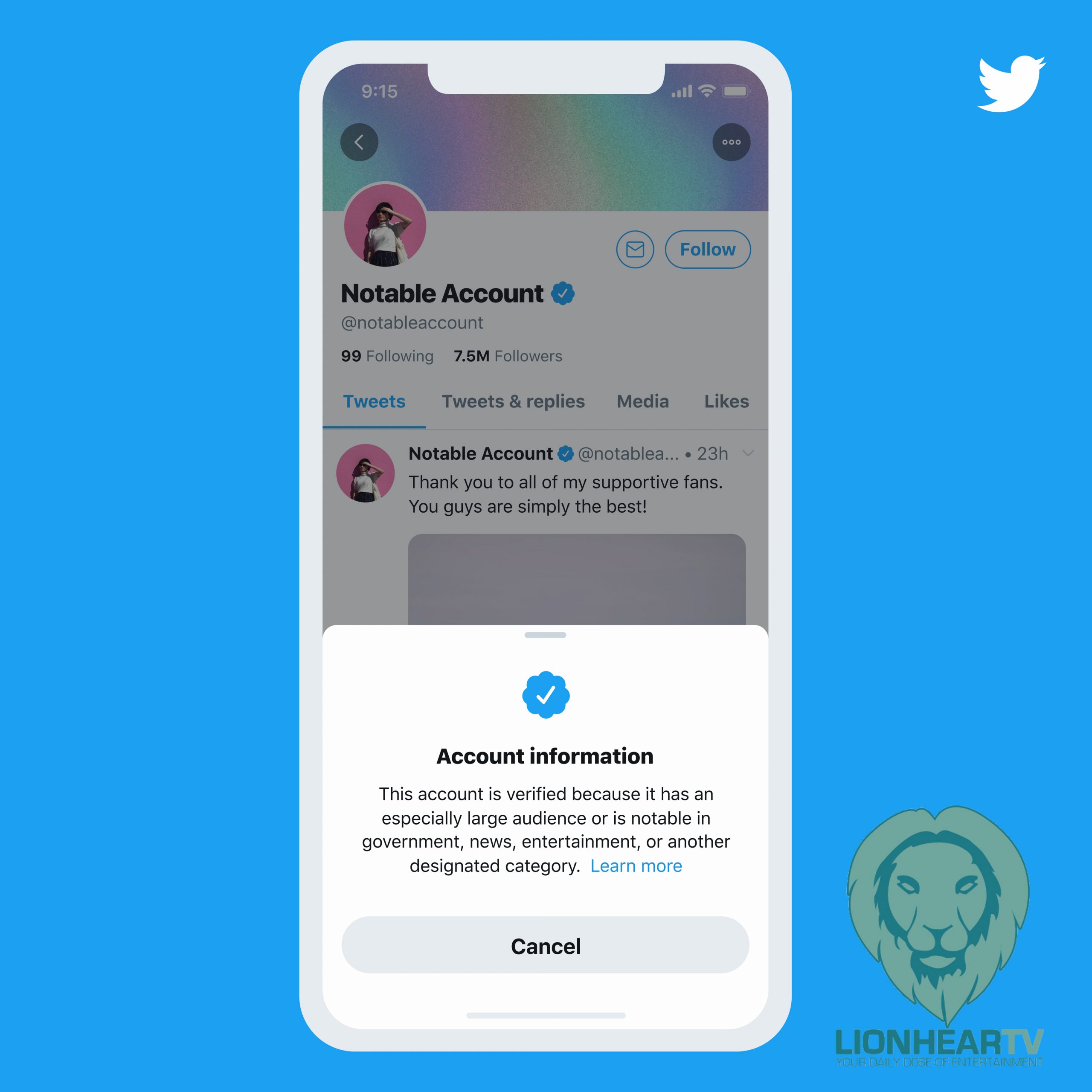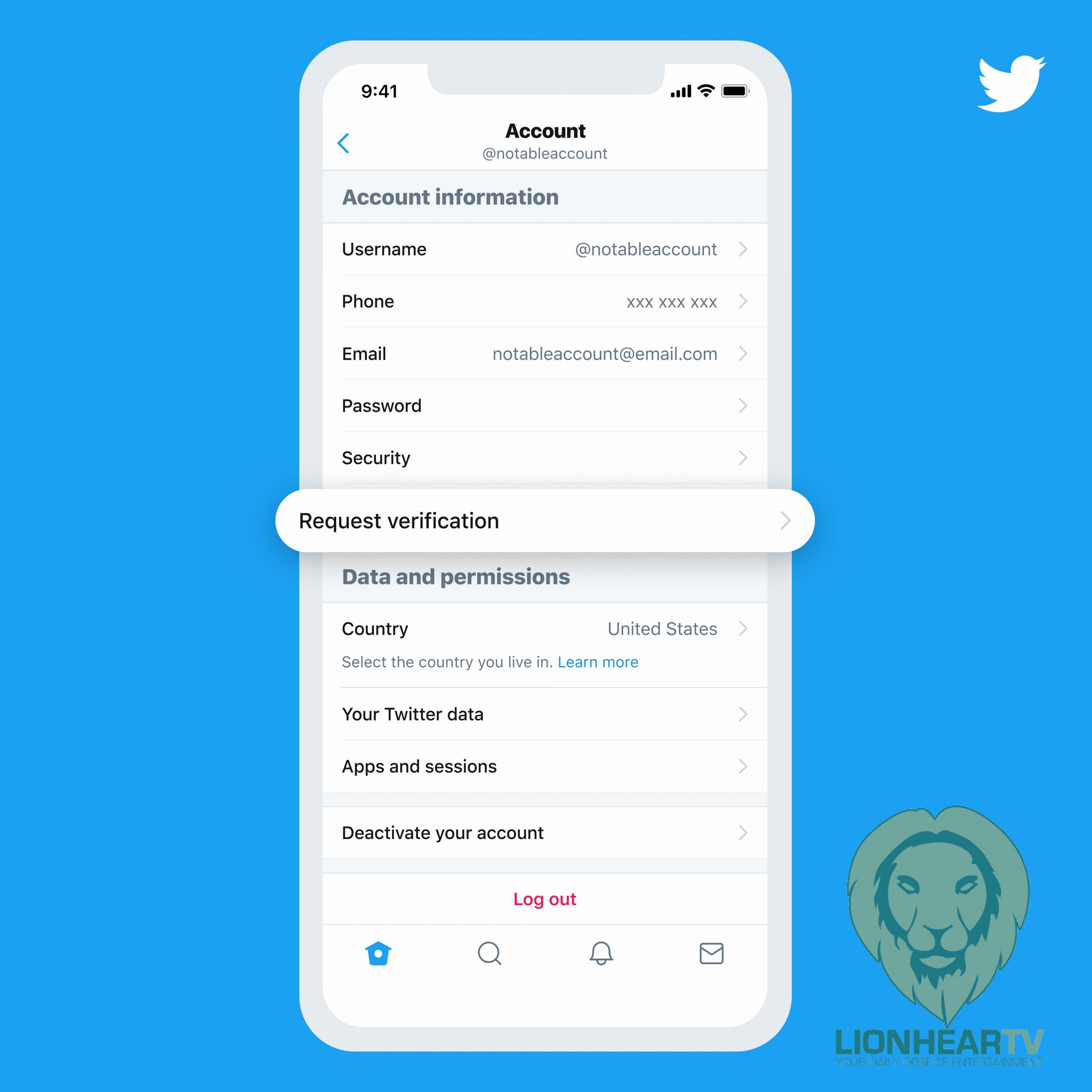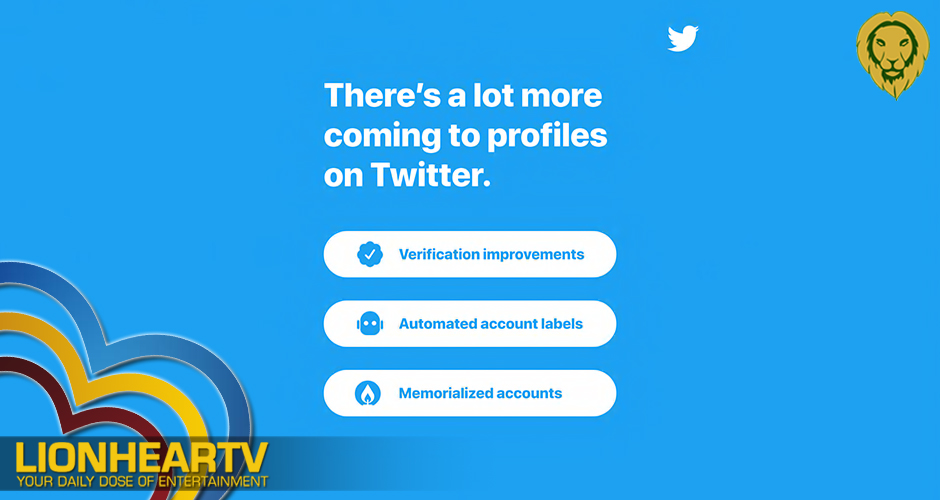Manila, December 2020 – A couple of weeks ago, we announced that we’re planning to bring back our public verification program in 2021, shared a draft of our new policy, and asked for public feedback to help shape our approach.
This new policy will lay the foundation for future improvements by defining what verification means, who is eligible for verification and why some accounts might lose verification to ensure the program is more equitable.

Public feedback has become a critical part of our policy development process by making sure our policies reflect the global nature of our service and the people who use it. In the two weeks during our public feedback period, we received more than 22,000 survey responses and learned so much about how we can improve our policy. Thank you for all you shared!
How your feedback shaped our policy
Here are some of the areas we’ve updated in our new verification policy based on your feedback:
● We heard feedback that some of the criteria for a profile to be considered “complete” feels too restrictive, so we updated our definition to no longer require a profile bio or header image.
● We updated our references to Wikipedia to better align with the encyclopedias’ published standards for notability and article quality.
● We’ve clarified the titles of the “News” category to include “News and Journalists” and the “Sports” category to include “Sports and esports” to be more inclusive. We also added a reference in our “Entertainment” category to more clearly include digital content creators.
● We heard feedback that measuring the minimum follower count requirement on a per-country basis wasn’t always the right approach, so we’ve updated this to be on a per-region basis to make our follower count requirements less susceptible to spam and more equitable across geographies.
Many of you suggested we add categories for verification including academics, scientists and religious leaders, and we plan to explore adding dedicated categories for these to the policy some time next year. Until then, any of these individuals may qualify under the “Activists, organizers, and other influential individuals” category. For example, since March 2020, we have been working with global public health authorities to identify experts Tweeting about COVID-19 and have already verified hundreds of accounts as a part of this collaboration. These verifications will not be impacted by the new policy given the ongoing commitment to elevating credible information as it relates to the current public health crisis.
You can read our new verification policy here, or you can tap on the blue verified badge in-app or on the web to learn more.
We’ll begin enforcing this policy on January 20, 2021, which is also when we’ll begin automatically removing the verified badge from inactive and incomplete accounts. Our new policy defines a complete account as one that has all of the following:
● either a verified email address or phone number
● a profile image
● a display name
If your account is at risk of losing its verified badge, you’ll receive an automated email and an in-app notification informing you of what changes need to avoid automatic removal of your blue verified badge. As long as you make those changes before January 20, 2021, your account will not lose its badge. We are not planning to automatically remove the verified badge from inactive accounts of people who are no longer living, and are working on building a way to memorialize these accounts in 2021.

Under our policy, we may also remove verification from accounts that are found to be in severe or repeated violation of the Twitter Rules. We will continue to evaluate such accounts on a case-by-case basis, and will make improvements in 2021 on the relationship between enforcement of our rules and verification. As always, everyone on Twitter is subject to the Twitter Rules, and you can read more about our range of enforcement actions here.
How to apply for verification in 2021
We are excited to relaunch public applications for verification in 2021 through a new, self-serve application process that will be available on the Account Settings page on the web and in-app. The process will include asking applicants to select a category for their verified status and confirming their identity via links and other supporting materials.

We plan to use both automated and human review processes to ensure that we are reviewing applications thoughtfully and in a timely manner. We also plan to give people the option to share demographic information after completing the new verification application so that we can better measure and improve the equity of our verification process. We’ll share more details about the application process soon.
What’s next?
Verification is just one part of our work to help people understand who they’re interacting with on Twitter. We know that it’s not always easy to evaluate the authenticity of accounts on the internet, and that understanding who you’re interacting with is core to the public conversation.
When it comes to helping people trust who they’re interacting with on Twitter, bios, Tweet content, mutual follows and profile information provide helpful context. This is why we’ve started rolling out profile labels for political candidates, government accounts, and state-affiliated media. In addition to the changes we’re making as we re-introduce verification, we’re also working on new ways to designate different account types, starting with:
● Automated Accounts: Accounts that post to Twitter automatically, also called bots, can bring a lot of value to the service when they share things like earthquake reports or self care reminders. But it can be confusing to people if it’s not clear that these accounts are automated. In 2021, we’re planning to build a new account type to distinguish automated accounts from human-run accounts to make it easier for people to know what’s a bot and what’s not.
● Memorial Accounts: We know how important it is to preserve a Twitter account in memory of someone who has passed and we’ve talked about building Memorial Accountsbefore. In 2021, we’re planning to build a new account type specifically designed for memorialized accounts. This will also come with an updated policy for memorialization and a new application flow to request the memorialization of an account.
Our work here is far from finished, but we want to give you a look ahead at what we’re doing in this space so you can understand our approach. We are excited to relaunch verification and start rolling out these new account types, and we’ll share more soon. Thank you to everyone who provided feedback during the public comment period for helping us shape our new policy!


